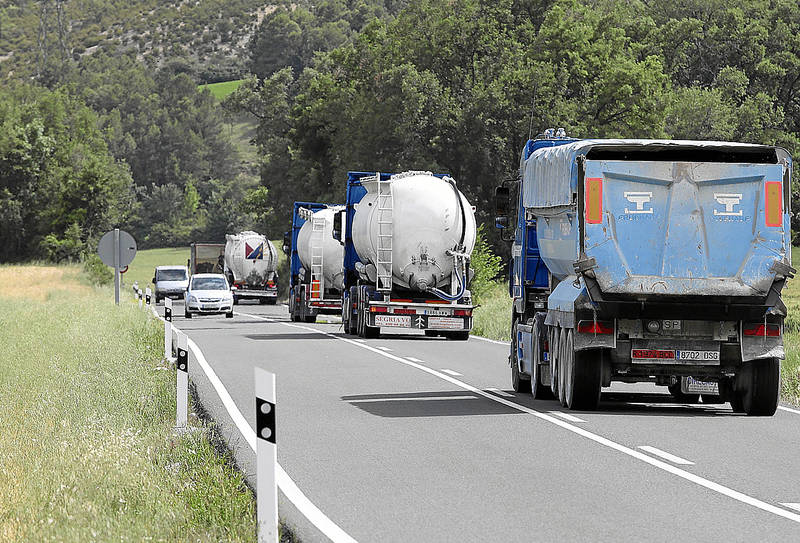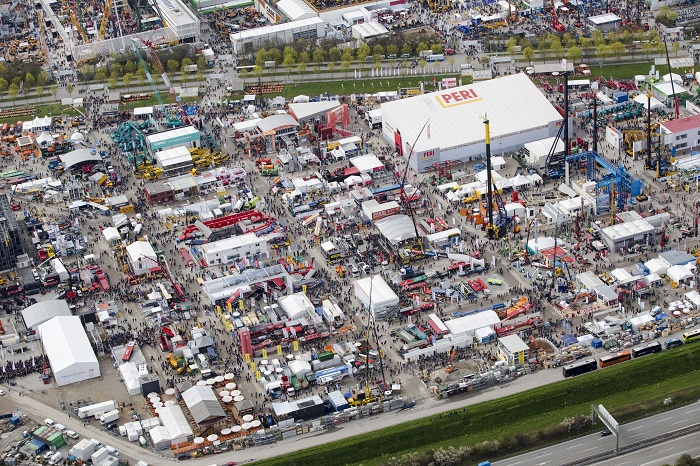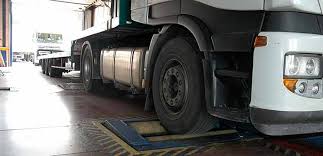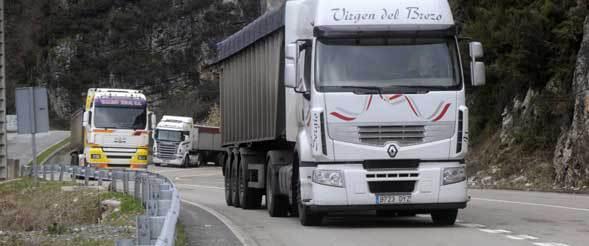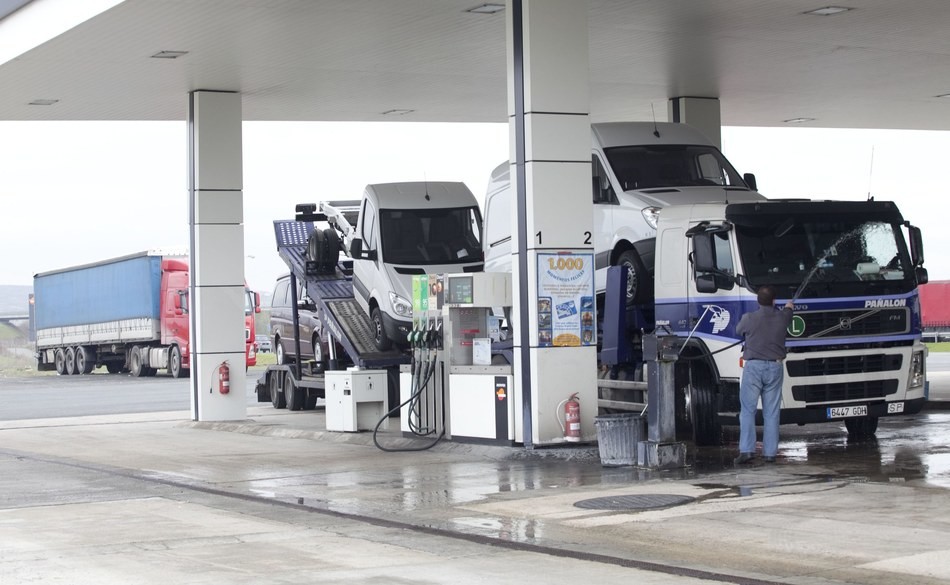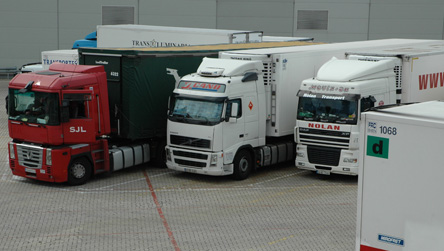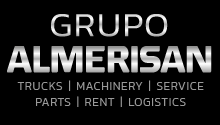Noticia
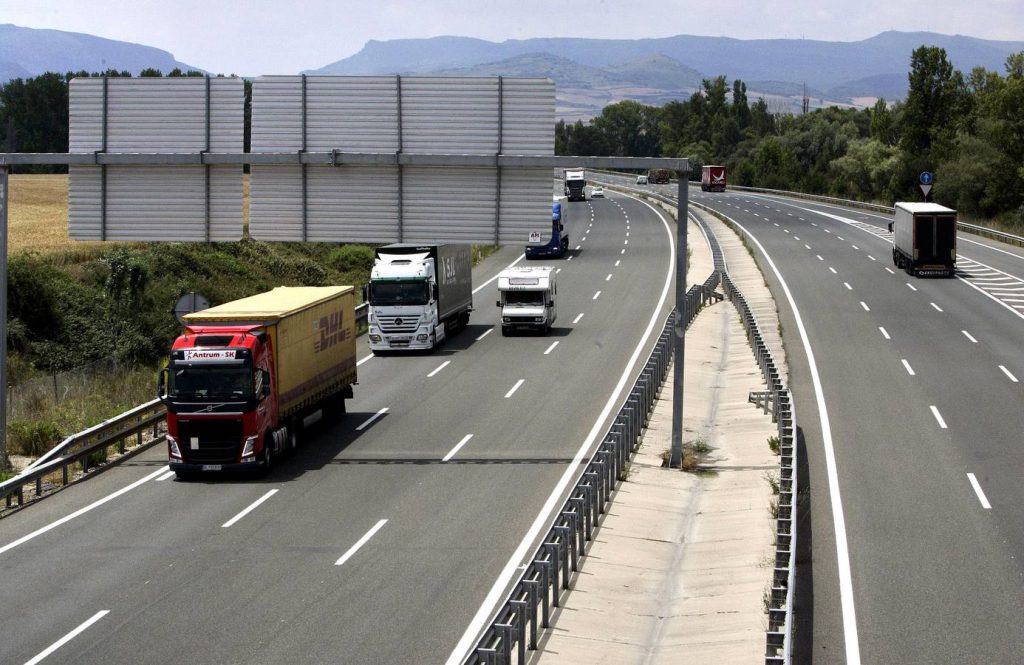
Spain has one of the most complete physical infrastructures in the European Union. Its maintenance has a relatively high cost that, in some cases, is not supported only by those who use them, but also by all taxpayers. This anomaly is difficult to ignore in the presence of budgetary restrictions such as those that Spain has maintained and will continue to maintain, until it meets the stability commitments with the European Union. Regardless of who governs, you will also have in that area to face the election: keep the asymmetries so pronounced between payment infrastructures (highways, airports) and the free ones (highways), or go forming a more homogeneous system that guarantees greater balance between territories.
The maintenance of the extensive highway network has an annual cost to the State of 11,000 million euros, which is expected to increase as the requirements of environmental preservation do. It is reasonable that their assumption, instead of falling indiscriminately on all taxpayers, be assumed at least partially by direct users, as in other European countries. It is the proposal of the Ministry of Development. Although there are Budgets, the horizon of economic growth will be in the next years of less intensity than in the last, which raises the need to seek alternatives to increase income. And that is one, if you don’t want to suppress, or further reduce, other socially justified spending chapters. The promotion approach is not far-fetched.
To a greater extent if the cost assumed by the user is relatively reduced, about ten times lower than the toll roads. Their acceptance can be equally reasonable if part of that income is destined to reduce the marked differences between the use of each other. The highways will be free when their concession expires and their ownership passes to the State, in the face of the extension of the concessions so far in force. The result would be that the cost of using high capacity roads were becoming more homogeneous in the State in the face of the disparity so far prevailing.
The improvement of territorial cohesion would be one of the most explicit counterparts. That is why it is absolutely necessary that it not be limited to an isolated initiative of the Government, but that it may be part of a State pact for mobility. To achieve this, one of the necessary conditions is the support of the autonomous communities.


